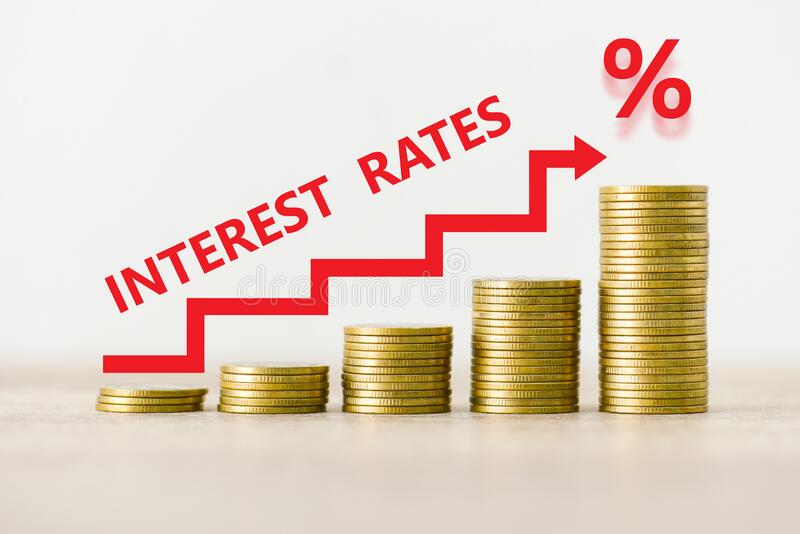According to economists, the quarterly increase in interest rates will have an impact on purchasing power, standard of living, and consumer goods pricing.
The Central Bank of Nigeria (CBN) and the Monetary Policy Committee (MPC) hiked interest rates twice in two quarters to combat rising inflation and restore economic balance caused by the COVID-19 and the Russia-Ukraine war.
After the National Bureau of Statistics (NBS) announced a five-year high inflation rate of 18.60 percent in June, it was hiked to 13 percent from 11.5 percent Africa housing news, in May and then to 14 percent in July.
Analysts told BusinessDay that the equity market experienced a price decrease after NBS published the highest inflation rate since 2005 in July, which stood at 19.64 percent.
According to Investopedia, the interest rate is the amount charged by a lender to a borrower and is expressed as a percentage of the principal—the amount loaned. The Monetary Policy Rate (MPR) is the interest rate at which the Central Bank of Nigeria lends to commercial banks.
Commercial banks use this rate as their lending benchmark. High interest rates raise the cost of borrowing, causing people to borrow less and spend less. It also motivates people to save more money.
How can interest rates contribute to reducing inflation?
When the CBN raises interest rates, it should help to reduce demand-side inflationary pressures by reducing the volume of the money supply.
CardinalStone economist and fixed income strategist Boboye Olaolu stated that: “sources of inflationary pressures in Nigeria are largely cost induced, which limits the impact of the hawkish rendition adopted by the CBN.”
It means that inflation is not cost-driven but demand-driven, and that inflation is caused by rising costs rather than an excess of money in the system.
How high can interest rates rise?
Oseghale Ihayere, a licensed economist and research analyst, predicts that the CBN would not raise interest rates in the immediate future (30-90 days).
Boboye explained that the CBN’s disposition is skewed toward increasing rendition, which can occur in stages.
“They might continue to hike rates till they feel that inflation has picked till it starts decelerating,” he said.
Purchasing Power:
According to Ihayere, an increase in interest rates raises the cost of loan, which indirectly influences the cost of manufacturing businesses.
He stated that “the burden of production costs is shifted to customers.”
This forward push to consumers results in higher final-things costs, which means individuals pay more for such goods.
Living conditions
Ihayere noted that the standard of living declines as interest rates rise, reducing people’s purchasing power.
He stated that “people cannot afford the lives they were enjoying before with the same pay.”
He went on to discuss fundamental necessities like transportation and food expenses.
Savings
It also encourages individuals to save more because commercial bank rates are regulated by the CBN, thus a rise in the interest rate (MPR) means an increase in the interest on savings, making it more appealing for you to deposit your money in the bank.
To attract bank deposits, the CBN boosted the interest rate on savings accounts from 10% to 30% of the MPR (interest rate).
Revenue
Businesses are not immune to the effects of high interest rates, which restrict your capacity to obtain affordable financing.
According to Boboye, businesses with very leveraged, high debt will renew their debt at a very expensive rate, which may influence their cash flows and the company’s performance.
Rent
Landlords or mortgage companies who took out loans with high interest rates will pass the cost on to consumers in the form of higher rent.




